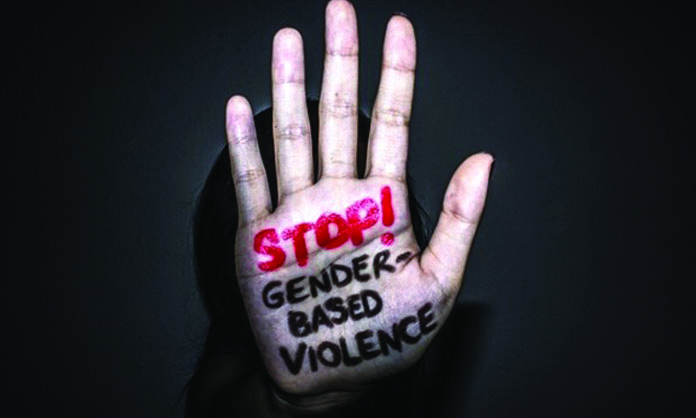AUDRIN MATHELIKE MANY African states at independence, Namibia was little more than a set of externally oriented, coercive and extractive institutions possessing a narrow political economy centred on a handful of agricultural and mining activities.
Correctly so, reforms were a necessary process of building state structures to avoid domestic conflict and political instability.
Such structures included establishing domestic institutions of governance rather than methods of transitory control to establish the conditions of long-term stability.
The framers of our Constitution wanted to make it difficult for any person or group of persons to establish a despotic regime over the people of this country. That is the reason why they broke up the government into three branches, the executive, legislature and judiciary to disperse power as widely as possible.
State structures need to possess political predictability – the assurance that systems of government and law will be extant and upheld into the foreseeable future so that Namibia does not face the challenge of reinforcing its legitimacy and viability – the twin components of durability.
As the country celebrates 30 years of independence, the problems have become more pronounced. Overall levels of economic development remain insufficient to ensure better living conditions for the people. The country can only achieve cohesion or at least convergence of core interests through societies’ political participation, security and defence, and economic well being.
Failure in any category undermines success in the other. However, what is at stake is not the survival of this government (or another) but of the state – the entity that embodies the interaction of people (in their diversity) land and power.
The just-released Economist Intelligence Unit Democracy Index ranks Namibia’s standing in the committee of nations as a “flawed democracy”. At number seven in Africa, not everything is gloomy (with Mauritius being the only African country ranked as a “democracy”). It is our celebration of the values of unity, liberty and justice.
Namibia is a country wedded in the paradox of economics, culture and politics. The just-ended presidential and National Assembly elections revealed the deep divide in our country. About 56% voted for Hage Geingob as president. More than 43% voted against him. Namibians fight bitterly among themselves but forget to come together afterwards.
Americans teach us something about closing ranks: After a protracted campaign, both sides of the political divide embrace whoever is the winner because they all want their country to succeed. Namibians too must close ranks and want their country to succeed.
A successful government must necessarily benefit all citizens. As the president takes the oath of office on 21 March 2020, he will need to reassure us that he can govern differently. He must convince the electorate that he can generate workable ideas on how to deal with corruption, unemployment and the twin challenges of health and education.
That is to say that if the president wishes to succeed, he must structure a capable government.
• Audrin Mathe holds a PhD in constitutional rhetoric from the University of Cape Town
Stay informed with The Namibian – your source for credible journalism. Get in-depth reporting and opinions for
only N$85 a month. Invest in journalism, invest in democracy –
Subscribe Now!






